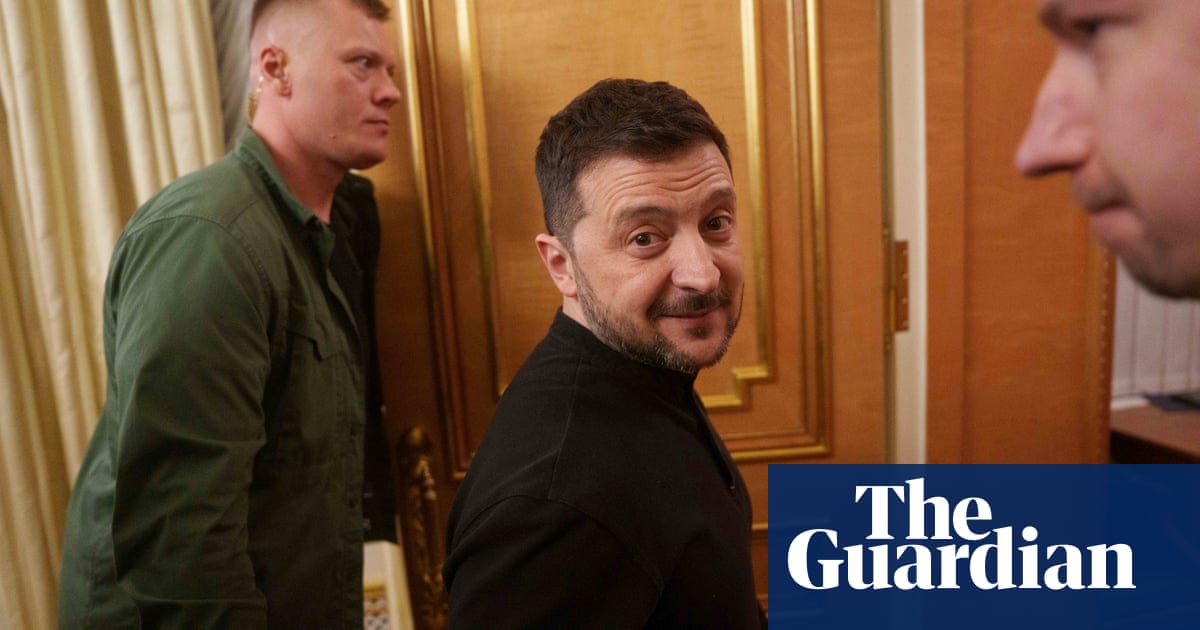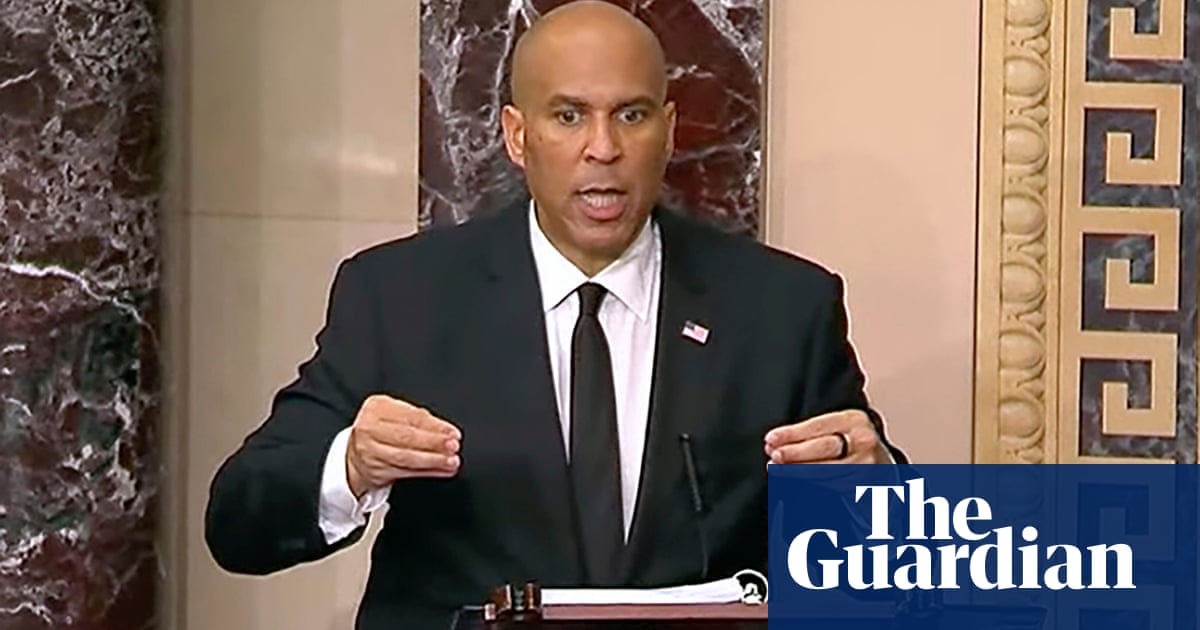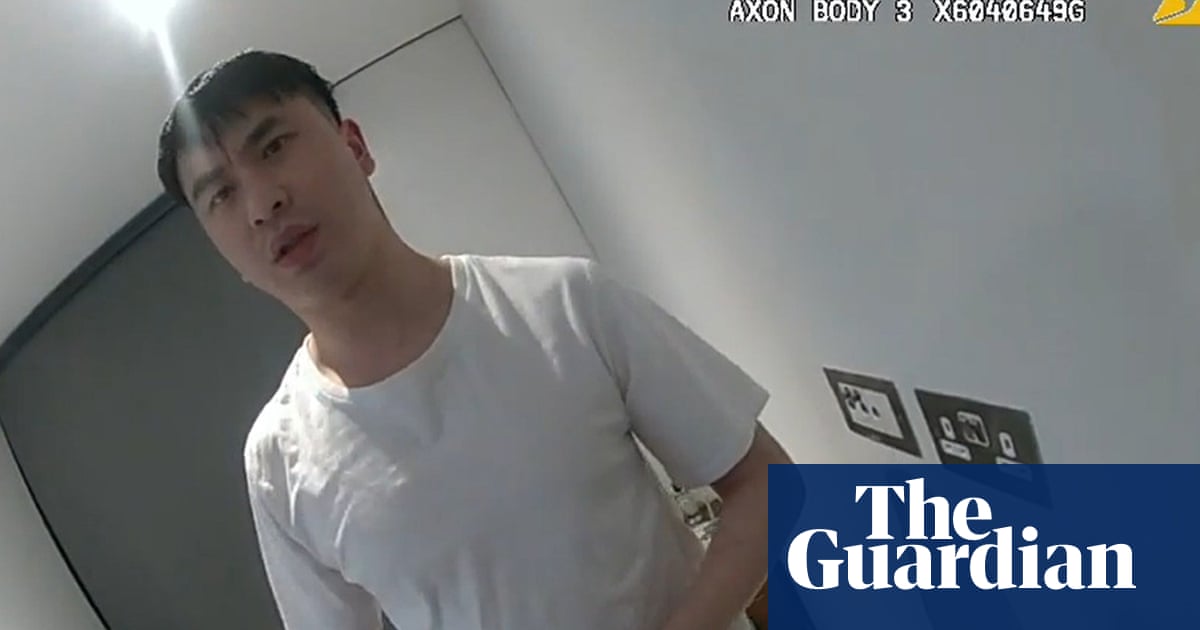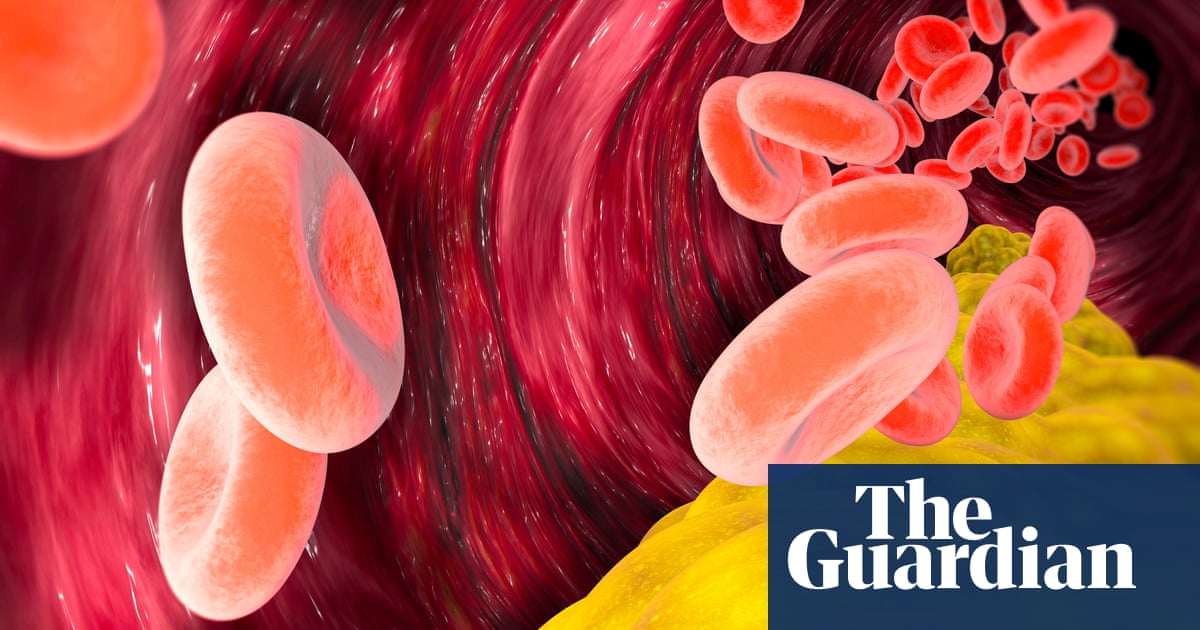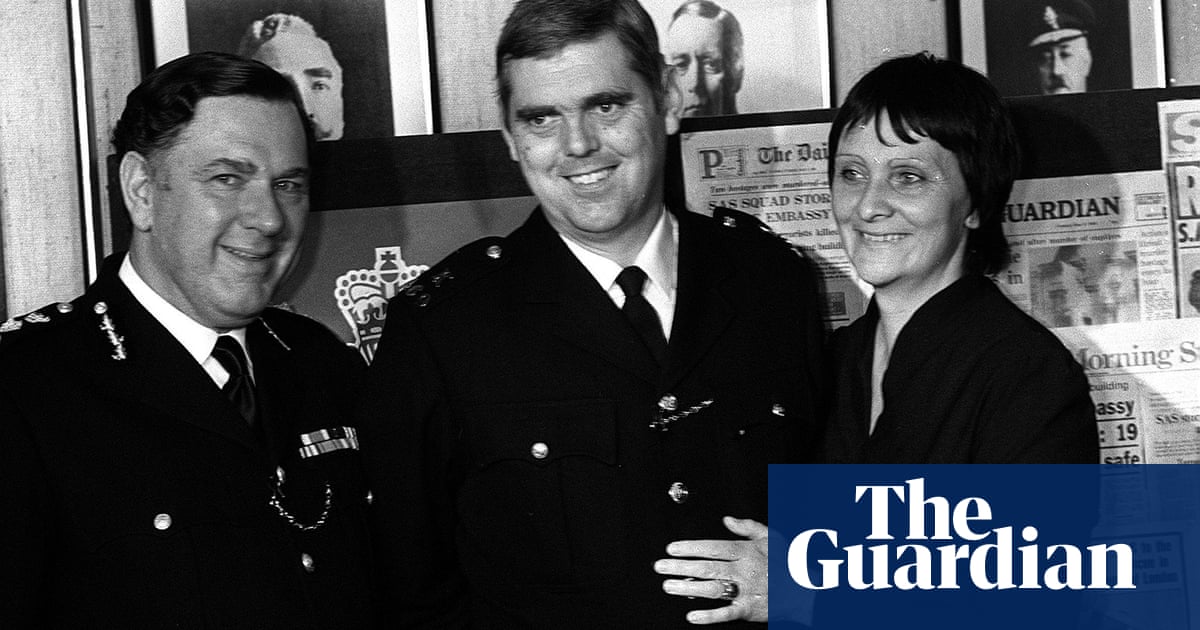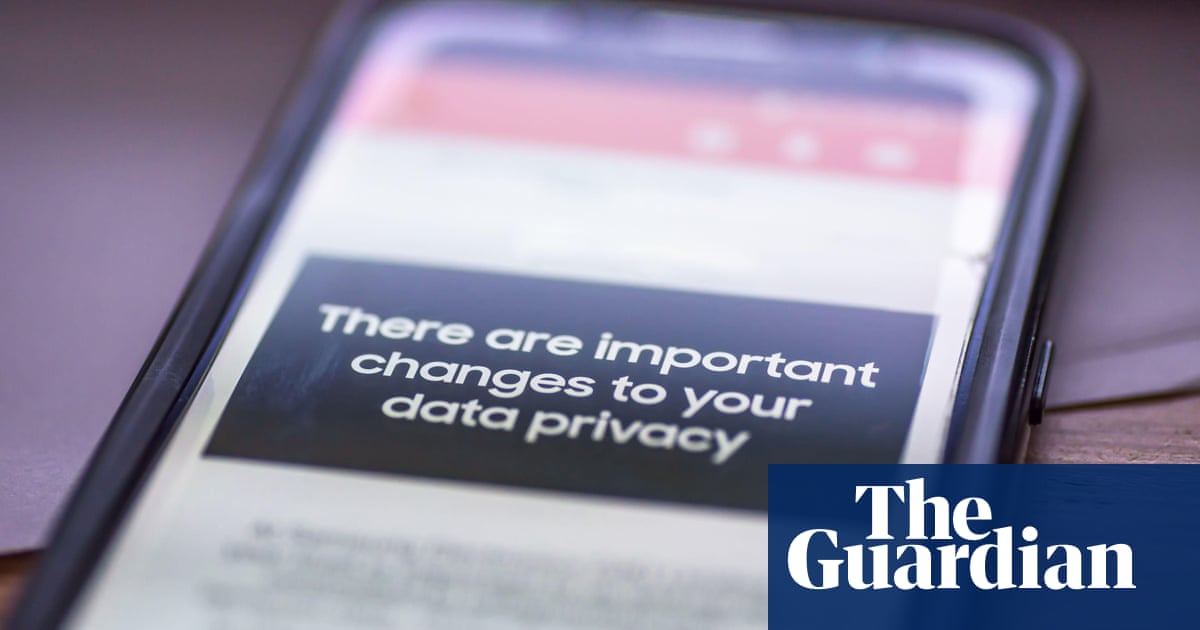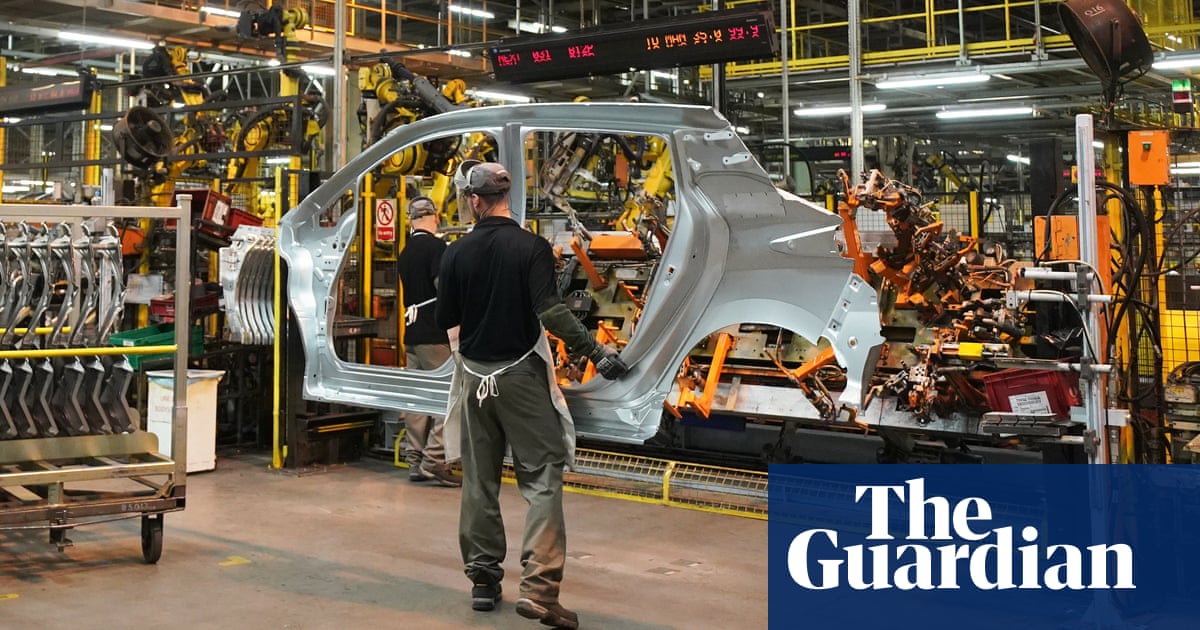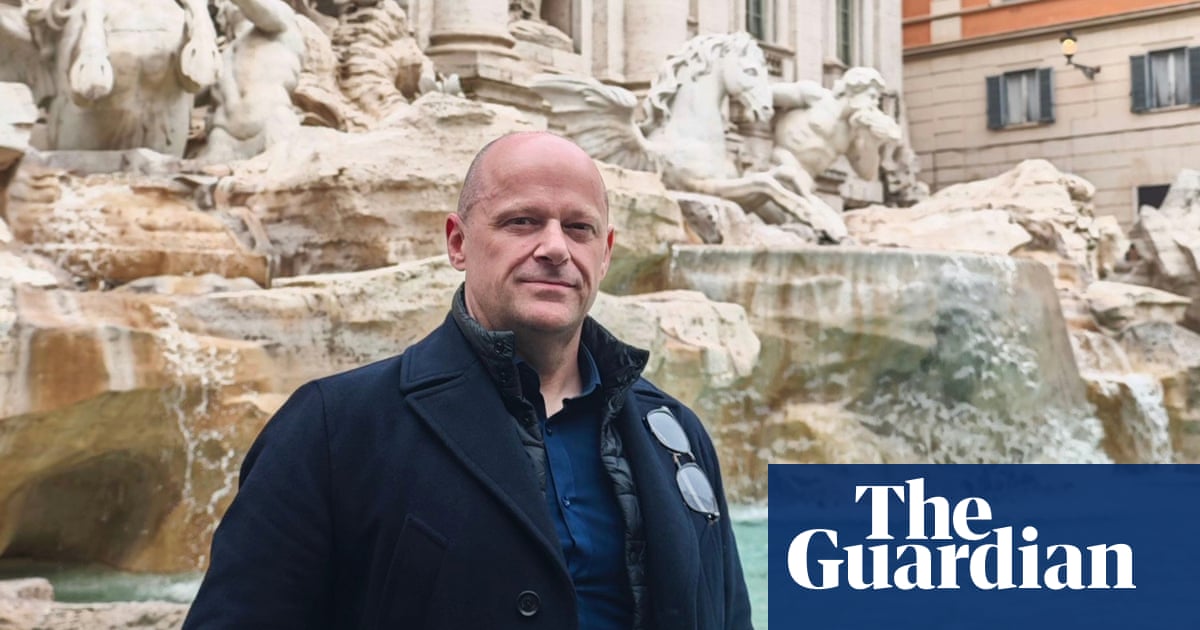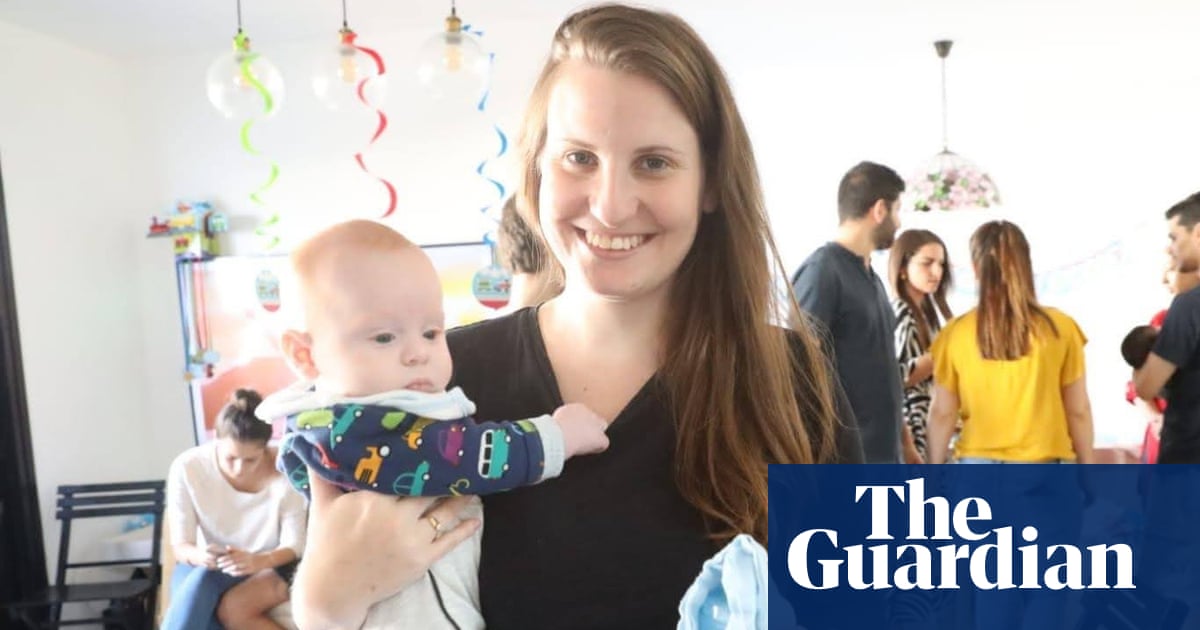How did you get into comedy?
I tried to be an actor, but nobody else wanted me to be one. Then I tried standup so “theatre people” could come and see me. Slowly I began to evolve a character that did one-liners, mainly because I was so terrified that I had to get to the bit where people laughed as quickly as possible. It only really took off when I stuck my hair up and started wearing strange shirts and jumpers. (This was supposed to be a signpost that I was coming from leftfield.) This all helped create a world I could begin to write for.
Who did you admire when you were starting out?
I was mostly inspired by comic actors like Rowan Atkinson, Leonard Rossiter and Ronnie Barker. It wasn’t until TV shows like Saturday Live came along and I saw people like Harry Enfield and Rik Mayall that I became inspired to have a go myself. Then I began to watch others on the London cabaret circuit like John Hegley, Sean Hughes and Eddie Izzard.
Any preshow rituals?
If I’m nervous I pace up and down. I’ll also practise any new bits. Then I pray for the crowd. I also make sure my car is nearby …
Best advice you’ve ever been given?
“If it’s going badly – get off! And if it’s going well – get off!”
Do you have any regrets?
Sometimes I’ve said personal things to people in the audience that, in retrospect, were a bit much. But in my defence, you only have fraction of a second to think, and there’s no real time to gain editorial clearance from your conscience. Sorry if that was you.
Best advice you’d give to younger comedians?
Keep going! If one of your early shows goes badly, it can make you want to give up … or if you’ve been going years and you just can’t make a breakthrough, remember I was a club comic for 15-20 years. You are never as good as your last gig – you’re probably about as good as the average of your last 10 shows. Always have some new stuff to try if possible. Oh, and never Google yourself!
What’s one of the strangest encounters with a fan you’ve had?
Hardly a fan but once I was heckled by Paul Weller. It wasn’t aggressive, but then of course everyone just looked at him, not me. Then later, in the same show, someone else shouted out and it was Robbie Williams. Weird gig!
What can audiences expect from your latest show, Ha!Milton?
Well it’s certainly not a hip-hop musical about one of the founding fathers of America. I’m tone deaf and have no sense of rhythm, but at least I don’t make a song and dance about it! But it is the story of my musical life. From forgetting my words in a nativity play to the Glastonbury festival and being asked to introduce the band REM. (I said “No, I think they probably all know each other already.”)
Who is your non-comedy hero and why?
Anyone who triumphs over catastrophe.
What’s been one of your all-time favourite gigs?
It’s always a buzz to play iconic venues like the Sydney Opera House, the Palladium, the Royal Albert Hall … But looking back, often the best shows were the ones where you were completely unknown and turned up in a field to do a charity show in a small village for a grateful crowd. First times are also special. Your first open spot that goes well, the first time you get paid, the first time you do an hour …
Any bugbears from the world of comedy?
Just the annoying side-effects of constant travel; bus replacement services, late-night poorly signposted detours etc. Oh and when people say to you: why don’t you go on – and then they say the name of a well-known TV show – as if I haven’t thought of it, and it was somehow entirely up to me!
What’s an important lesson you’ve learned from being a standup?
Have a plan, but always be ready to go off script. Both in a gig, and in your career.

.png) 3 months ago
26
3 months ago
26
